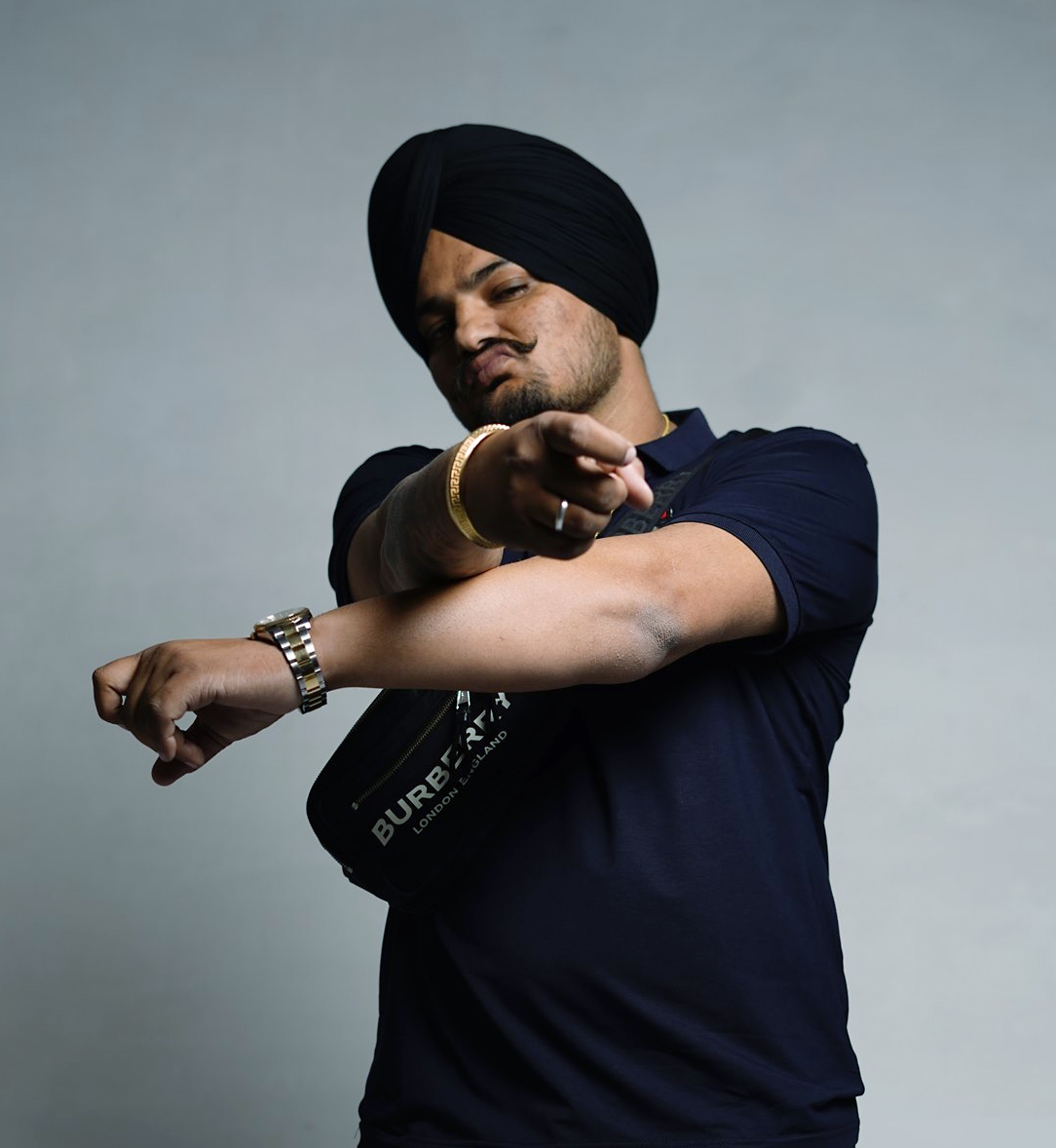‘Weapons are a favourite topic for many Punjabi folk singers. The state government should control this trend’.
Chandigarh: Punjabi songs glorifying weapons have been attracting the youth in droves for quite some time and this has led to a dangerous trend that threatens to become a law and order situation in Punjab. DJs in weddings and in discotheques play such numbers as “Main kitheBaithu, JattKhabi seat teBandukrakhda” and the youth do not hesitate to dance to such numbers. The statistics of illegal weapons recovered every year also proves that there are many people in Punjab who love weapons adding flavour to their lifestyle.
Surprisingly, no measure or system has been developed to censor this market of Punjabi songs worth Rs 700 crore. Experts say that such songs have a great impact on the minds of young people. Professor Mukhwinder Singh Brar, an expert on Punjabi culture, says that Punjabi culture is a gentle culture, but in the name of culture, such songs are spoiling the youth and pushing them into committing crimes. The censor board and the state government should control this trend, say experts.
Weapons are a favourite topic for many Punjabi folk singers. Singer Babbu Mann has sung“Chaklo revolver apnabhibadlalainahai”. Songs like “”Jithehundihaipabandiweaponan di jattothe fire karda”sung by DJs in marriage parties get the youth so excited that they dance to such numbers. Similarly, Gippy Grewal’s song “Jat Mode LamkakeRakhde 12 Bor Di” is on the same lines. Singer Deep Singh has even kept the title of his album “DonaliJaheYaar”. The title of the album is “DonaliJatt Di” by Deep Sandhu and “Dade Di Donali” by Pradeep Saran.
Tere Ni KarranMainuPatteya, Dus Main Ki PyaarVichoanKhattya, Dil Da MamlaHai, ChallaBeriOye, WatanMahi Da Door Ae… all these songs were once the pride of Punjabi song-music, but in the last 10 years, with the advent of video albums and simultaneously, with exposure to intoxicants, narcotics and weapons, Punjabi songs have started reflecting such aspects.
Sources say that the remote of the music industry is in the hands of the corporates who can go to any extent for the sake of profits. There was talk of forming a commission, but it was not implemented. “In the new generation, better understanding of music and literature will have to be developed from schools and colleges. This will change the situation,” says Mohan Kamboj, veteran Punjabi cinema actor and teacher.
Harish Gargi, noted Punjabi movie director, says: “We all prefer to have censor board certificate to release our movies. Now, when every third song is released on the digital space, it should be mandatory to have digitally censored management system by the government so that the content of Punjabi songs can go under the scan.”
Mohan Kamboj said: “Just like films, a censor board should be made for songs; songs should be released after approval.
Once a film is made, it cannot be released unless it is approved by the censor board. But it is not the case with Punjabi songs. If a censor board is made for Punjabi songs, the problem can be solved to a great extent.”
The Punjabi music industry is worth Rs 700 crore, but the lyrics of many songs are extremelyembarrassing. According to several reports, every sixth Punjabi music album for the last 10 years has featured drugs, crime and gun culture. Along with being popular, Punjabi music is earning money, but at the same time, it is also losing its heritage and culture.
A few days ago, Punjab Chief Minister Bhagwant Mann had also said that Punjab has rich heritage and culture. Young singers should refrain from glorifying weapons and drugs in Punjabi songs. Along with this, he had warned that if anyone did this, strict action would be taken against him.
What is worrying is thatthe situation has not changed even after the order of the High Court; despite the provision of punishment of three months in law, police do not take strict action. Captain Amarinderhad raised the issue in 2017, the situation remains the same even after five years. The issue was raised by Captain’s government in 2017 and on July 2019, the Punjab-Haryana High Court directed a ban on songs promoting drugs and violence. The DGP was asked to ensure through the SSP that such songs are not played in public programmes, vehicles, and live shows. After this, in 2020, the police banned the playing of songs spreading violence, drugs, weapons and obscenity in government and private buses and in marriages or other public functions in Punjab.
However, monitoring is negligible. The situation remains the same. The Punjab Police had registered a case against late Punjabi singer Sidhu Moosewala and MankiratAulakh. The film “Shooter” based on the life of gangster SukhaKahlwan was also banned.
12% SHARE IN THE MARKET
Hindi songs have a 50% share in the music market in the country and 18% of international music. Next comes Punjabi music industry; its market share is 12%.The Punjabi music industry is expected to grow at 10 next year.More than 4,000 Punjabi music videos are released in a year.
SrikantMisra, Senior Advocate, Punjab and Haryana High Court, says: “Singers of songs that incite to commit crimes can be punished
If convicted of promoting obscenity or gun culture in the name of song and music, there is a provision of imprisonment for three months and fine.
Under Section 294 of IPC, the guilty can be imprisoned or fined or both. Singers of songs that abet an offense can be punished under Section 113 of the IPC.”

